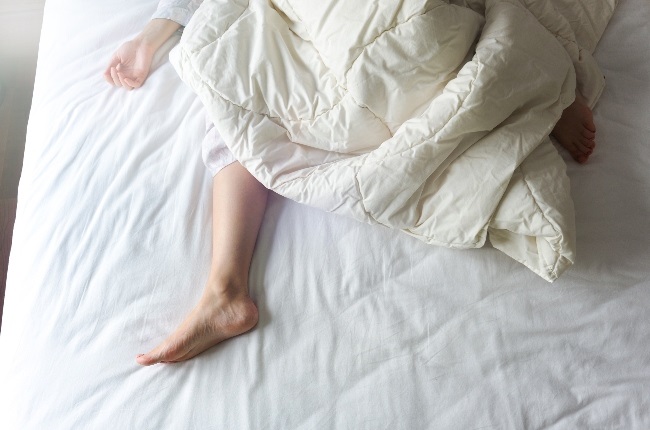The Potential of Medical Marijuana for Restless Legs Syndrome
Introduction:
Restless Legs Syndrome (RLS) is a neurological disorder characterized by uncomfortable sensations in the legs, often accompanied by an irresistible urge to move them. This condition can severely disrupt sleep and quality of life for those affected. While conventional treatments exist, such as dopamine agonists and iron supplements, they may not be effective for everyone and can have side effects. In recent years, medical marijuana has emerged as a potential alternative or complementary therapy for RLS. In this comprehensive guide, we’ll delve into the relationship between medical marijuana and RLS, exploring the science, potential benefits, risks, and legal considerations.
Understanding Restless Legs Syndrome:
Before delving into the role of medical marijuana, it’s crucial to understand RLS and its impact. RLS affects millions worldwide, with symptoms ranging from mild discomfort to severe disruption of daily activities and sleep. The exact cause of RLS is not fully understood, but it’s believed to involve dysfunction in the brain’s dopamine system, iron deficiency, genetics, and other factors.
Conventional Treatments and Limitations:
Current treatments for RLS primarily focus on managing symptoms rather than addressing the underlying cause. Dopamine agonists, such as pramipexole and ropinirole, are commonly prescribed to alleviate symptoms, but they can lead to side effects like augmentation and impulse control disorders with long-term use. Iron supplementation may help if RLS is associated with iron deficiency, but it’s not effective for all patients.
The Role of Medical Marijuana:
Medical marijuana, also known as medical cannabis, contains active compounds called cannabinoids, notably tetrahydrocannabinol (THC) and cannabidiol (CBD). These cannabinoids interact with the body’s endocannabinoid system, which plays a crucial role in regulating various physiological processes, including pain perception, inflammation, and motor control.
Research on Medical Marijuana and RLS:
While research on the use of medical marijuana for RLS is still in its early stages, preliminary studies and anecdotal evidence suggest its potential efficacy. A 2017 study published in the Journal of Clinical Sleep Medicine reported that cannabis improved RLS symptoms and sleep quality in a small group of patients. Another study published in the Journal of Psychopharmacology in 2018 found that cannabinoids reduced both pain and sensory disturbances associated with RLS.
Potential Benefits of Medical Marijuana for RLS:
Pain Relief: Cannabinoids have analgesic properties that may help alleviate the discomfort associated with RLS symptoms.
Muscle Relaxation: Some patients report that medical marijuana helps relax muscles and reduce the urge to move their legs.
Improved Sleep: By reducing RLS symptoms, medical marijuana may improve sleep quality and overall well-being for affected individuals.
Fewer Side Effects: Compared to conventional medications, medical marijuana may have fewer side effects for some patients.
Factors to Consider:
While medical marijuana shows promise as a potential treatment for RLS, there are several factors to consider before using it:
Individual Response: Responses to medical marijuana can vary widely among individuals, so what works for one person may not work for another.
Dosage and Administration: Finding the right dosage and mode of administration (e.g., smoking, vaping, edibles) is essential for maximizing benefits and minimizing side effects.
Legal Considerations: The legal status of medical marijuana varies by location, so patients should be aware of local regulations and obtain it from legal sources.
Potential Risks: Like any medication, medical marijuana carries potential risks, including cognitive impairment, dependency, and interactions with other medications.
Consulting with a healthcare professional experienced in medical marijuana use is crucial for safe and effective treatment.
Conclusion:
Restless Legs Syndrome can significantly impact the quality of life for those affected, and current treatment options may not be suitable for everyone. Medical marijuana presents a promising alternative or complementary therapy for managing RLS symptoms, with its potential to alleviate pain, improve sleep, and reduce the urge to move the legs. However, further research is needed to fully understand its efficacy, safety, and optimal use for RLS. Individuals considering medical marijuana for RLS should consult with their healthcare provider to make informed decisions based on their specific needs and circumstances.

Dr. Nicholas Marsh has been a respected board-certified anesthesiologist in Northern Virginia for over 35 years. Recognized as a top doctor by FindaTopDoc.com, his vision for providing top-quality medical services is driven by his passion for patient comfort and dignity.

